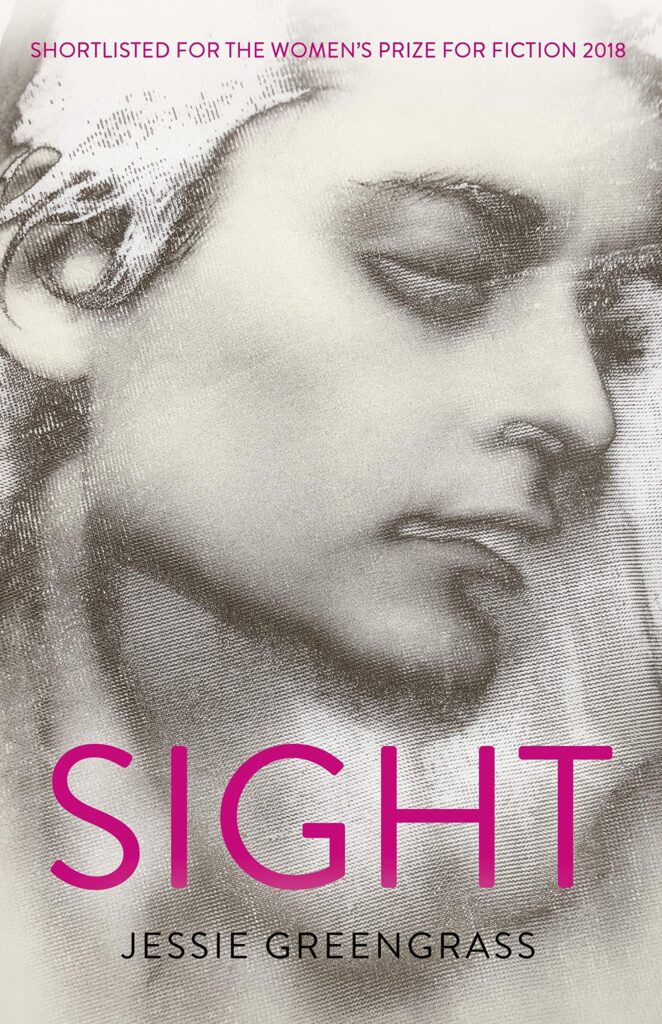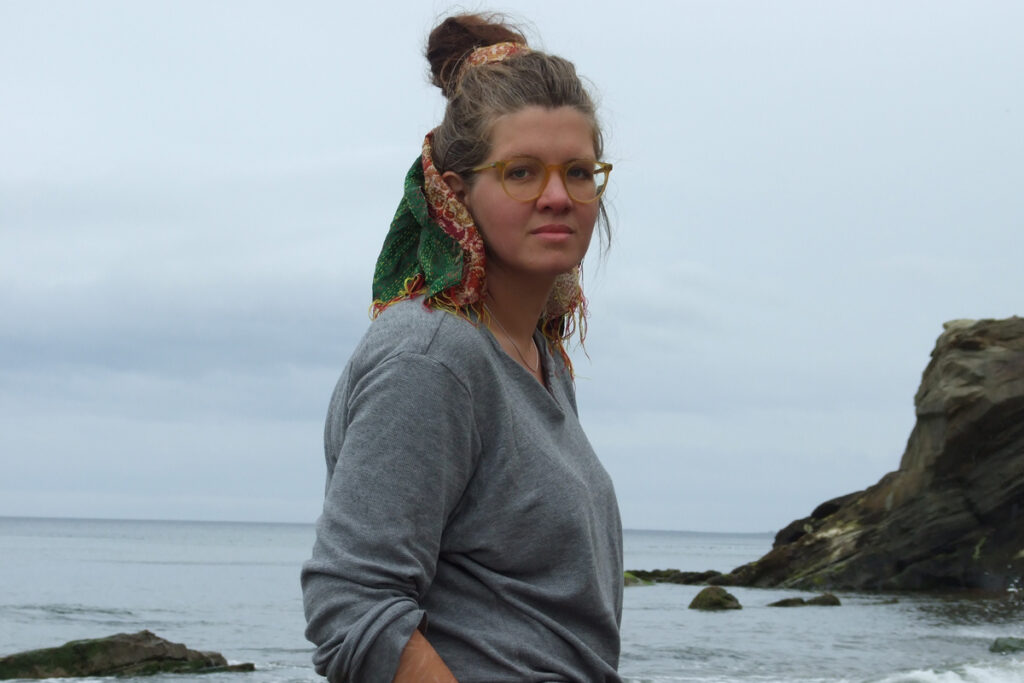From the Women’s Prize Archives.
The brilliant Jessie Greengrass has been shortlisted for the 2018 Women’s Prize for Fiction for Sight. Read on to find out how Jessie’s background in philosophy affected her writing and why the Wellcome Library and being workmanlike helped her write her first full length novel.
Why did you want to write from the perspective of a heavily pregnant woman?
This was actually the part of the novel which came last. I knew that I wanted to write about subjectivity- what it’s like to inhabit a body, what the limits are to our capacity to know both ourselves and other people, and how mental privacy can both keep us safe and keep us separate- and I had already researched the historical parts of the book, but I was looking for a way to give the book a structure. When I finally thought of it, pregnancy seemed perfect- the relationship between a mother and her unborn child is so intimate, while at the same time holding between two people who are yet to meet. The strangeness of it fascinated me. It also seemed, at the time, something which hadn’t been much explored in literature, as though the femaleness of the subject somehow disqualified it from being able to say anything about human experience more generally- although since I wrote the book it feels like that’s beginning to change, which is wonderful.
You intercut the very personal narrative of Sight with stories from Sigmund and Anna Freud, Wilhelm Conrad Röntgen, the inventor of the X-ray and other scientific figures from history – what kind of research did you do to write these scenes so convincingly?
I read what I could find, particularly things like the letters of Freud, and those of John Hunter to his friend and pupil, Edward Jenner, and the few papers Röntgen produced on x-rays. All of these were fascinating in their own right- I spent a lot of time in the Wellcome Library just rootling about, looking for what interested me. It felt important that I got as much detail right as I could, although it’s also worth saying that it’s the narrator’s response to the lives of these figures which drives these sections of the book, and so I gave myself a bit of freedom to imagine inner lives which aren’t recorded.

You studied philosophy at university, how do you think this has affected your fiction?
It has obviously had an effect, although I wonder if really it’s just the same things have always interested me, and philosophy was one way of approaching questions which I now try and address through fiction. Certainly I think that it’s affected the way I write- I often think in terms of argument, as if I were writing an essay, and I try very hard to be precise, to find the exact words to express something which feels initially resistant to expression.
You’ve previously been acclaimed for your short fiction, and this is your first full-length book – how did you find the process of writing a novel differed from writing a short story?
It felt very daunting at the start, although actually the process itself wasn’t so different. I am a firm believer in being workmanlike- sitting down at a desk for a set period of time Monday to Friday and getting on, even if it feels like the last thing I want to do. The same sort of thing that every other job I’ve done has entailed.
Can you tell us what you’re working on next?
I’m currently pretty pregnant myself, so there’s been a bit of a delay in cracking on, as I didn’t want to start something and then have to stop for a prolonged period, which would probably just mean having to go back to the beginning again anyway. My current thoughts go something like “river something something, North Sea flood something something, island. Future, query?”. I’m never very good at talking about what I’m going to write before, or even while, writing it. I think that if I could say it easily then it probably wouldn’t rate the attention of a book.



